Following the women's association members of Truong Phu commune, we visited Ms. Nga's production model. The garden was filled with the immense green of tea and lemons. It was noon but Ms. Nga was still busy picking lemons to supply to traders at the wholesale markets.
Talking to us, Ms. Nga said that her family's farm has an area of nearly 3 hectares, of which 1.3 hectares are green tea, 1 hectare rubber, and 0.5 hectares of four-season lemon. Tea and rubber have been planted for a long time, and now they are harvested regularly every day. In particular, the tea garden is 20 years old. With many years of experience in growing tea, her family has also drawn out the best care methods to keep the plants green and delicious.
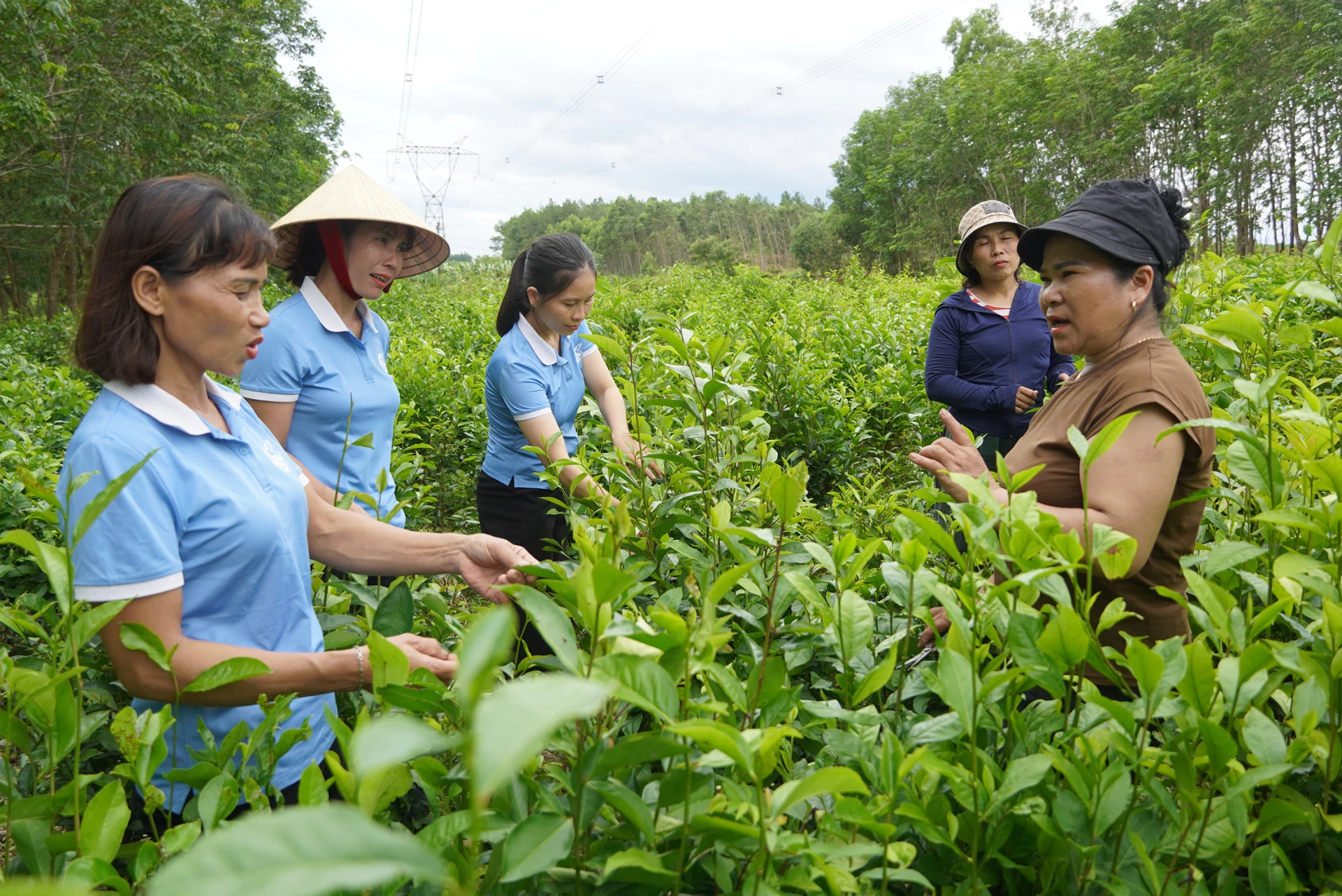 |
| Ms. Nguyen Thi Nga's farm model is visited and learned by many women's union members - Photo: LM |
“Tea trees are easy to grow and care for. However, growers need to regularly visit the garden, cut off old branches, and proactively prevent pests and diseases. As for fertilizer, it is also necessary to choose the right type. Through the care process, I have noticed that if you compost manure, when you boil it, the tea water will turn black; if you fertilize with phosphorus and nitrogen, the tea water will be bitter. The method of providing nutrients for the tea trees that my family chooses is to compost straw, mound the base to keep it moist, and create humus in the soil,” Ms. Nga shared.
In addition, Ms. Nga's family also has a 4-year-old lemon garden, with an area of 0.5 hectares. She said that previously, this lemon growing area was bananas, shallots, ginger, lemongrass, etc. However, after a period of production, the family realized that the economic efficiency was not high, so they decided to switch to growing lemons. To successfully implement the model, Ms. Nga had to research and choose lemon varieties suitable for the climate and soil of the farm; learn techniques, planting methods, and care from people with expertise and experience, etc.
According to Ms. Nga, to take care of lemon trees, you need to prune old, damaged branches, and branches that are not capable of producing fruit to create conditions for the tree to sprout new shoots and produce new fruit. In addition, fertilizer and lime must be given in appropriate amounts to ensure adequate nutrition for the tree. Thanks to her diligence and meticulousness in care, her family's lemon garden is growing well and producing fruit all year round, with 3 main crops (each crop lasts about 3 months), harvesting about 2 tons of lemons/crop.
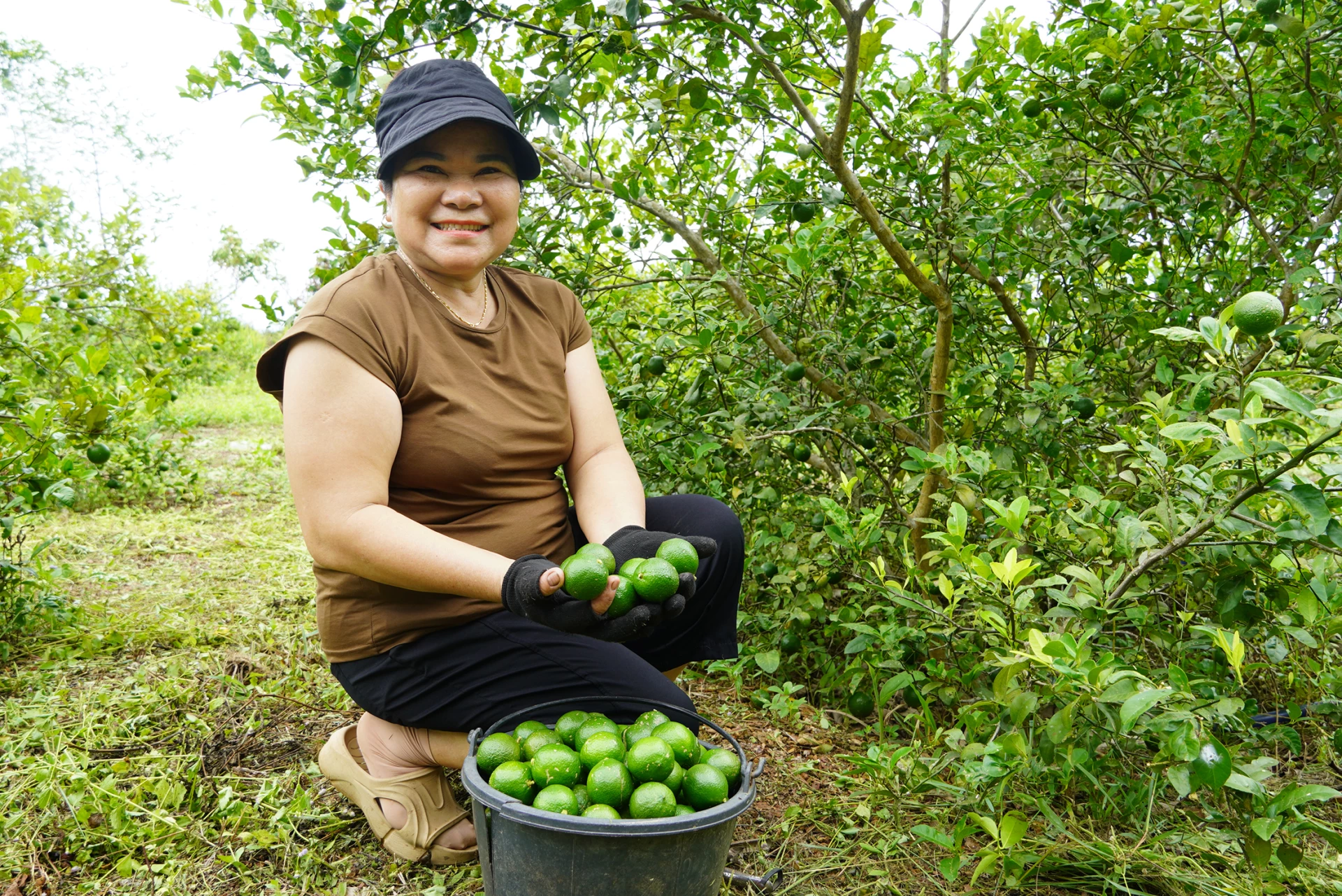 |
| Four-season lemons are harvested year-round, helping to improve the life of Ms. Nguyen Thi Nga's family - Photo: LM |
With her hard-working nature, Ms. Nga and her husband and children have actively increased production, improving the family's income. In addition to the area of crops on the farm, she and her husband also take advantage of about 0.5 hectares of home garden land to grow guava, tangerine, orange, raise pigs, chickens, geese and ducks. Thanks to ensuring product quality, the output of her family's plants and children is always stable, the main consumption market is in the province and some neighboring provinces.
Ms. Nguyen Thi Nga said: “The crops my family chooses to produce are varieties that take advantage of the hilly land. However, there are still difficulties in the care process due to lack of water in the summer and drought. With initial efforts, my family's farm has a total income of more than 500 million VND/year; creating seasonal jobs for about 5-7 local workers. In the near future, my family plans to expand the scale of pig and chicken farming on the farm to increase income.”
Chairwoman of the Women's Union of Truong Phu Commune, Nguyen Thi Hoai, affirmed: "In recent times, women's union members in the commune have actively developed production and formed many agricultural economic models. In particular, the farm of Ms. Nguyen Thi Nga's family is one of the models that brings high economic efficiency. Thanks to access to capital from the Provincial Women's Development Support Fund and the Provincial Social Policy Bank, Ms. Nga has boldly transformed the crop structure on ineffective production land areas, contributing to increasing family income. Ms. Nga's farm is a typical production and economic development model for women's union members to learn from and replicate in the future."
Le Mai
Source: https://baoquangtri.vn/kinh-te/202509/hieu-qua-tu-mo-hinh-da-cay-con-tren-vung-go-doi-75c4967/



![[Photo] Close-up of 3,790 resettlement apartments in Thu Thiem to continue auction](https://vphoto.vietnam.vn/thumb/1200x675/vietnam/resource/IMAGE/2025/9/10/be974e2058f74c9c8dc1f400124f3653)


![[Photo] Cambodia's Techo International Airport Officially Opens](https://vphoto.vietnam.vn/thumb/1200x675/vietnam/resource/IMAGE/2025/9/9/330836bb28ad4ee4bdd512cc1a2d0849)

![[Photo] Experience at the Exhibition of 80 years of national achievements - Meaningful activity for new students](https://vphoto.vietnam.vn/thumb/1200x675/vietnam/resource/IMAGE/2025/9/10/286061b79abb4afa8961d730c9833cdd)















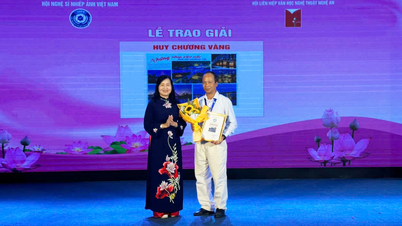

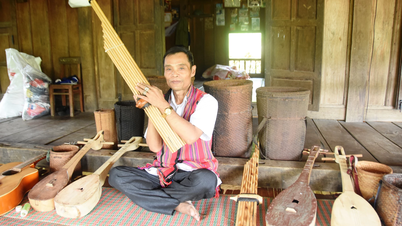





















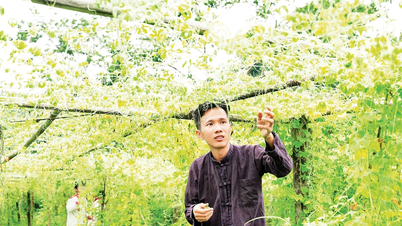























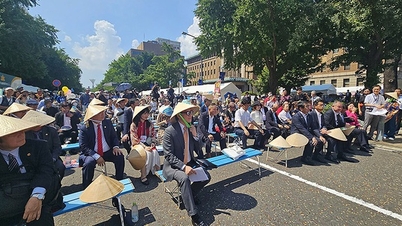



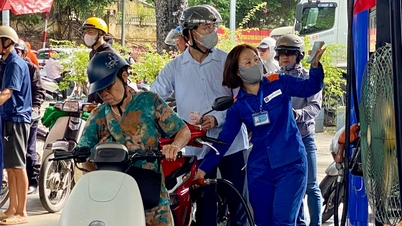


















Comment (0)